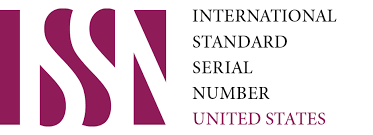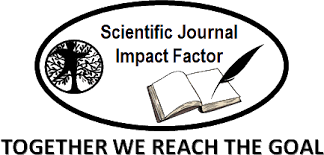Factors of mastering of terms of information and communication technologies and difficulties of application of terms in practice
Keywords:
ICT terms, direct and indirect assimilation of ICT terms, lexicon, word acquisitionAbstract
ICT terms are a relatively new field for the Uzbek language, which has entered the Uzbek lexicon through Russian and directly through English. Therefore, most ICT terms have features specific to English lexicon. The article describes in detail the factors of language acquisition related to language, views within the language system, their causes and conditions of acquisition, lexical innovations, their causes, difficulties in the process of acquisition.
References
Jones, K. S. How much has information technology contributed to linguistics? Information technology and scholarly disciplines, Ed. J.T. Coppock, Proceedings of a British Academy Symposium (1996), London: The British Academy, 2009.
Lynch, Donal. A study of the lexicography of computing and information technology and its practical applications. PhD. – Staffordshire University, 2004
Moravcsik, E. (1978) ‘Language Contact’, in Greenberg, J., Ferguson, C. et al. (eds.), Universals of human language. Vol. 1. Stanford: Stanford University Press, p. 99.
Lotte, D.S. Issues of borrowing and ordering foreign language terms and term elements [Text] / D.S. Lotte. - M .: Nauka, 1982. - S. 112.
Krysin, L. P. Foreign language word in the context of modern social life [Text] / L.P. Krysin // Russian language of the late XX century. - M., 1996 .-- S. 142-161.
A.A. Vayse. Translation of technical literature from English into Russian: textbook. manual. - Minsk. 1997 .-- 112 p.
Downloads
Published
Issue
Section
License

This work is licensed under a Creative Commons Attribution 4.0 International License.
User Rights
Under the Creative Commons Attribution-NonCommercial 4.0 International (CC-BY-NC), the author (s) and users are free to share (copy, distribute and transmit the contribution).
Rights of Authors
Authors retain the following rights:
1. Copyright and other proprietary rights relating to the article, such as patent rights,
2. the right to use the substance of the article in future works, including lectures and books,
3. the right to reproduce the article for own purposes, provided the copies are not offered for sale,
4. the right to self-archive the article.













